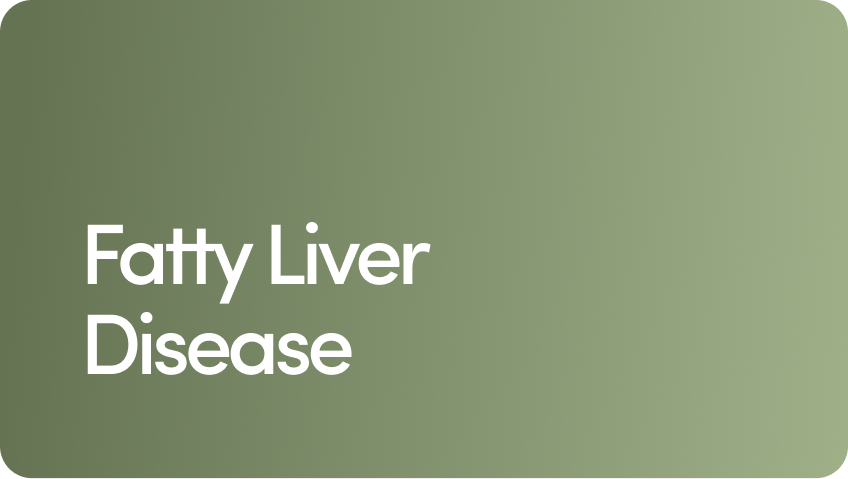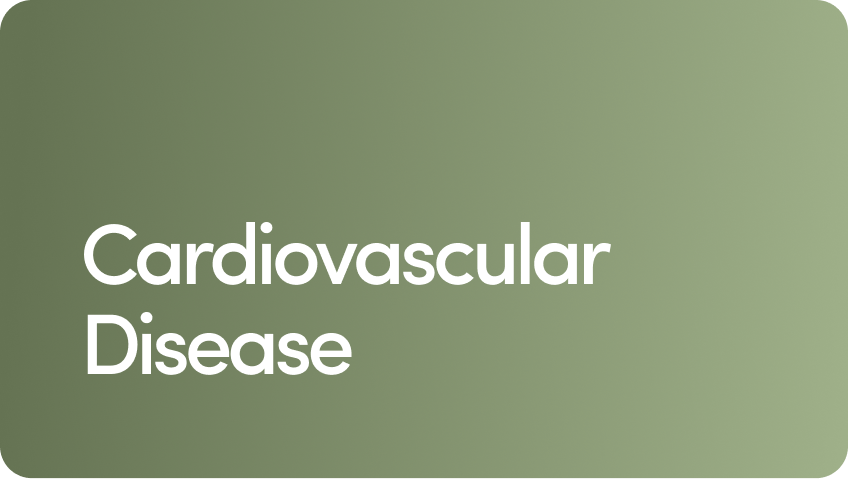Content
View weight loss medications
More Than 1 in 10 Americans Report Experiencing Weight Bias by Their Doctor

Written by Melissa Lavigne-Delville
Published 06/30/2025
Even in the age of online self-diagnosis, doctors top our list of who we trust most regarding our health. Americans are 6X more likely to trust their doctor than Google for health and wellness advice (42% vs. 7%), and “my doctor” tops Americans’ lists of the most trusted sources for weight loss, hair and skincare, general health, and more. 72% of Americans have more faith in their MD over AI (28%), and only 2% place artificial intelligence on their list of trusted health advisors. Doctors—not digital sources—are still the heartbeat of health advice in America.
But doctors' offices are no longer judgment-free zones for some, particularly regarding our weight. More than 1 in 10 Americans (12%) report facing weight bias at their doctor’s office, with moms (13%), people of color (14%), and the LGBTQ+ population (17%) reporting more bias than most.
Content
This finding is significant because doctors are also a top source of where Americans form their body perceptions, even in the age of social media comparison culture. In fact, “my doctor” tied with TikTok as a top source that shapes body ideals, surpassing celebrity culture, fitness instructors, and even our parents (sorry, mom!). Reassuringly, “the mirror” comes in as the number one place that shapes body ideals, with 27% of people reporting that their reflection forms their body perception.
Adding to doctors' influence on body perception, Americans report that when they decide to lose weight, it’s their doctor they confide in first, not their partners, best friends, or therapists. One-third (32%) say they seek weight loss advice from their doctor, placing responsibility on medical professionals to guide the 55% of Americans who say they will attempt to lose weight in 2025.
Having judgment-free advice is critical for what can be a physically and emotionally difficult weight loss journey. Yet, among those who don’t confide in or consult with anyone about this journey, a top reason why is “I don’t want to feel judged” (21%). A further 14% feel ashamed, and 8% say there is social stigma that comes alongside weight loss.
Q: Who are you most likely to go to for advice on weight loss?
32% My doctor
9% Google
8% Telehealth services
7.5% My therapist or life coach
6% My instincts
6% Social media
6% My partner
5% My best friend
3% AI
2.5% My parents
2% My astrological chart
For those who have faced weight bias at their doctor's office—or are worried that they will—telehealth platforms offer a way to avoid the stigma or shame that may come with an in-person visit. Already, 8% of Americans say they’ve sought weight loss advice from telehealth platforms, making it a top 3 source for weight loss advice, and 15% of Americans say they’ve started using a telehealth service within the past five years.
The top three areas of medical advice people seek from telehealth companies include mental health, skincare, and weight loss.
While doctors do play a significant role in weight loss advice, Americans are diversifying their journey beyond doctor visits. 41% are attempting weight loss the old-fashioned way—through exercise-and a quarter are cutting carbs (28%) or reducing fat (25%). More than 1 in 10 Americans, including Gen Zs, have tried injectable weight loss medications (12%) or oral weight loss medications (also 12%).
Q: What are you currently doing to lose weight?
41% Exercise
28% Reduce carbs
25% Reduce fat
23% Give up guilty pleasure foods
21% Intermittent fasting
19% Quit drinking
18% Track calories with an app
16% Work with a nutritionist
14.5% Followed a specific diet (Keto, Paleo, South Beach, etc.)
14% Tried a weight loss app
12% Injectable weight loss medications (GLP-1s)
12% Done a cleanse
12% Oral weight loss medications
12% Became a vegetarian or vegan
11% Non-prescription weight loss supplements
9% Other
Data & Methodology
This study is based on a 7,100-person online survey, which included (1) 5,000 18-to-65-year-old respondents in the top 50 metropolitan areas (100 respondents per city); (2) 5,000 18-65-year-old respondents in each of the 50 states (100 respondents per state); and (3) a nationally representative sample of 500 18-to-65-year-old respondents to contextualize results. These three categories are not mutually exclusive; some respondents fall within multiple categories. The study was fielded in January 2025.
Findings were analyzed by 190 demographic and psychographic cuts, including city, region, gender (when we refer to “women” and “men,” we include all people who self-identify as such), age, race and ethnicity, relationship status, parenting status, sexual orientation (heterosexual, bisexual, gay, lesbian, pansexual, asexual, queer, etc.), fandoms (music, sports, etc.), and fitness and diet preferences, among other areas of interest.
All data in this study are from this source, unless otherwise noted. Independent research firm, Culture Co-op, conducted and analyzed research and findings.
Questions about our study? Contact us at [email protected].
Editorial Standards
Hims & Hers has strict sourcing guidelines to ensure our content is accurate and current. We rely on peer-reviewed studies, academic research institutions, and medical associations. We strive to use primary sources and refrain from using tertiary references. See a mistake? Let us know at [email protected]!
This article is for informational purposes only and does not constitute medical advice. The information contained herein is not a substitute for and should never be relied upon for professional medical advice. Always talk to your doctor about the risks and benefits of any treatment. Learn more about our editorial standards here.
Related Articles
Related Conditions
 Obesity
Obesity
 Diabetes
Diabetes
 Fatty Liver Disease
Fatty Liver Disease
 Cardiovascular Disease
Cardiovascular Disease
 Hypertension
Hypertension
 Insulin Resistance
Insulin Resistance